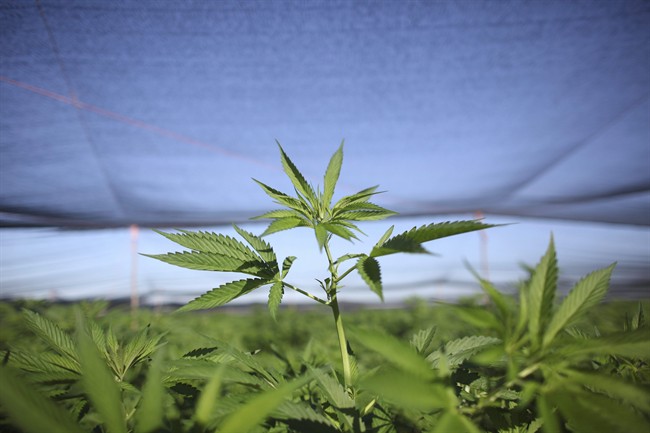SPOKANE, Wash. – The author of Washington’s recreational marijuana law has suggested that Spokane test its sewage for traces of the cannabis chemical THC to get a more accurate picture of pot use by residents.

American Civil Liberties Union lawyer Alison Holcomb proposed the idea at a Tuesday meeting of the City Council’s marijuana policy subcommittee.
A scientist for the University of Washington said the proposal is a good idea.
“It’s always good for a chuckle, but it does actually work,” Caleb Banta-Green, a researcher at the University of Washington’s Alcohol and Drug Abuse Institute, said Wednesday.
Banta-Green has tested sewage in Oregon and Washington for the presence of illegal drugs like cocaine and methamphetamine.
Holcomb said Wednesday that testing sewage for THC provides a more accurate level of trends than self-reporting on surveys, in which people are asked about their drug use. People often give wrong information when questioned about drug use, she said.
“We can expect to see more honesty” in the sewage, she said.
There are many things to be learned from testing for the presence of illegal drugs in sewage, Banta-Green said.
Testing the sewage would provide a more accurate picture of the quantities of illegal drugs a community is consuming, he said. And testing over time would provide a picture of what days people are using, he said.
Banta-Green’s tests in Oregon, for instance, revealed that meth users tend to consume drugs daily, while cocaine users concentrate their use on weekends, he said.
Holcomb said state policymakers are very interested in learning whether marijuana use goes up or down as a result of legalization.
The City Council subcommittee meeting included representatives of schools, law enforcement agencies, nonprofits and local government to discuss what information needs to be collected as policymakers look to maximize marijuana revenue while ensuring public safety.
Testing sewage, which can be frozen for later inspection, would provide only general use figures, not data broken down by age, Holcomb told the subcommittee.

Comments